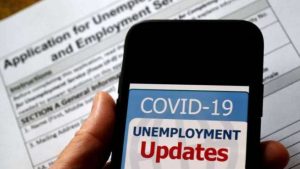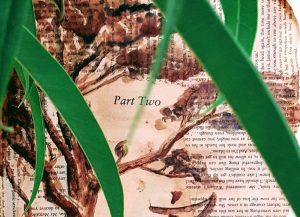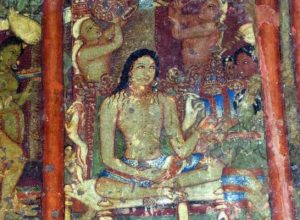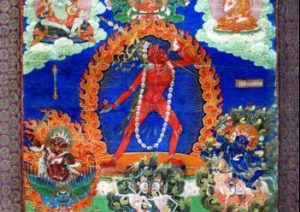The holiday season always enjoys an air of quietude or tranquillity about it. I think it is culturally and socially created. If Christmas decorations can be seen wherever you go, shops are closed, restaurants are closing early, and the office windows are dark, then it is quite hard to really be “hectic” about anything. So this is a good chance to turn inwards for reflection. Any meditation session will enlighten us to how many things we think about. What needs to be done, for the mindful Buddhist, is to sort out what is really worth contemplating and what can be gently let go of.
Case in point: one cold night, I was thinking about the teachings of various religions and my path to faith, which ended with my conversion to Buddhism. I also happened to be playing a brutally violent video game. A friend shouted from upstairs that we needed to cook dinner, so I called back for him to come down so we could make a start on the teriyaki. So, there were three thoughts swirling in the brain of yours truly: faith and religion, quarter-circle-forward and X equals a powerful uppercut, and darn it, we’ve run out of sauce and haven’t bought replenishments because we’re cheap, lazy, and male. It is quite obvious which reflection was the one worth being more mindful about.
One important reflection on faith is this: Why am I religious? For what reason am I part of a religious community? Is there a reason why I chose a spiritual path and vocation? Indeed, exploring these questions is part of what the Christian existentialist Paul Tillich called “ultimate concerns.” Ultimate concerns about salvation, liberation, an individual’s final fate, et cetera, might not be part of financial or day-to-day preoccupations (which, of course, have their place in our priorities). We sometimes complain that we do not have time to systematically reflect on these ultimate concerns in our busy lives. But ultimate concerns encompass both the “future beyond our futures” as well as this very moment. According to the meditation on death in Buddhism, death is certain yet the time of death is not. We could leave this world any moment. Suddenly, the questions of ultimate concern do not seem so impractical and take on a new urgency. This is thanks to the mindfulness of our own mortality and fragility as human beings.
The questions posed above were as such: Why is one religious and part of a religious community? Is there a reason why one chose a spiritual path for a lifelong vocation? For a Buddhist, of course, there is nothing more beautiful than to be surprised by a sutra, by an intensely personal meeting with the Buddha. I think the encounter with Dharma comes from aligning oneself with a unique moral vision. This is different from a doctrinal affiliation or a code of discipline. The Buddhist moral vision possesses a plan for liberation that embraces all sentient beings (and I still hear of Chinese and Japanese Zen monks debating whether plants should be counted as sentient or not! Whichever way the argument swings, good for them!). This soteriology (a fancy word for “doctrine of salvation”) was what ultimately convinced me above the truths in other faiths (which I still respect and sometimes study in my own scholarly work). For all the philosophy and theology that circulates in the academy, the choice to embark on the path of a certain religion can sometimes be based on a very simple premise of moral commitment.
In the ancient past, the Mahayana spiritual ideal was a personal goal. It was not a specific denomination or sect to be part of. Monks of the sravakayana (the Vehicle of the Hearers, the earliest disciples of the Buddha) would live side-by-side with those who aspired towards the bodhisattvayana (the Vehicle of the bodhisattva). This early harmony was sometimes forgotten. It remains the same for the modern day. Whichever school we are externally part of, whichever denomination we are associated with, what really shapes our sense of purpose and identity is the commitment inside: the willingness to reflect on why we chose this way of life, and why we chose to act in a world that is not perfect. This Christmas, there are scores of hungry people who cannot find shelter – not just in the Third World, but in the very streets of London and Hong Kong. And don’t even get started on the suffering of animals all across the globe, because it is endless and would fill libraries. Prayers for others and the dedication of merit to all beings are no empty gestures. They represent a very genuine wish that this world may be healed, even as we in the minority enjoy a comfortable Christmas with family, friends, hot food in a warm house, and hot chocolate by the bedside with a good book.Perhaps the truth of suffering is why we choose the path to religion, which is the path to true happiness and life.















